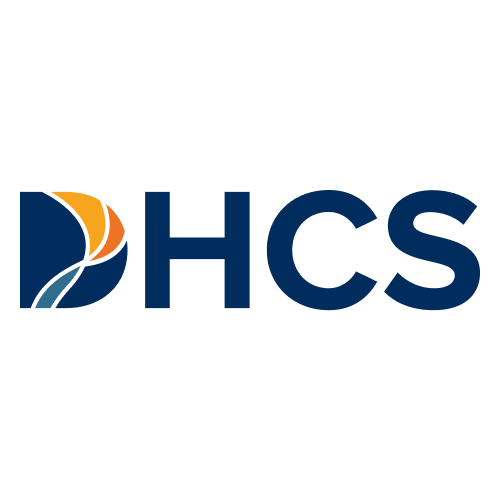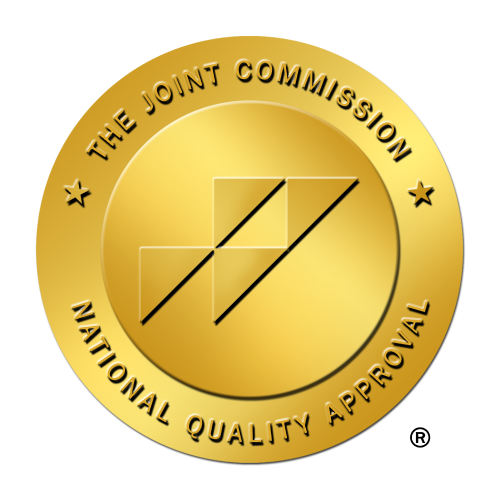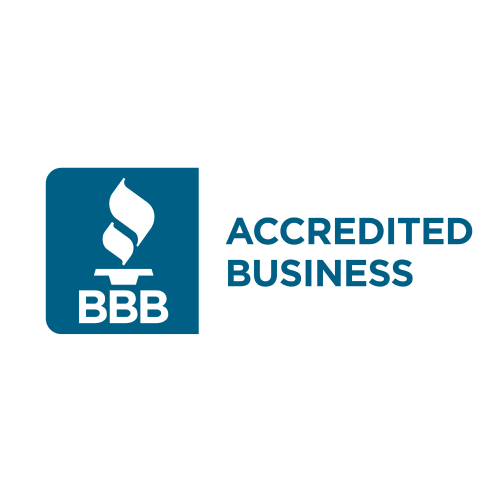Drug Addiction
At A Better Path Treatment Programs, we offer individualized and evidence-based treatment plans that cater to our clients' specific needs. Our treatment programs incorporate a range of therapeutic modalities, including cognitive-behavioral therapy, dialectical behavior therapy, and motivational interviewing, among others, to help our clients achieve sustainable recovery. Additionally, we provide wellness activities such as yoga, meditation, and exercise to support our clients' physical and emotional healing.
Drug Addiction & Symptoms
Drug addiction – Drug addiction, also called a substance use disorder, drug addiction is a condition that causes someone to use alcohol and/or drugs compulsively despite negative consequences to their health, relationships, and well-being. Substance use disorder is a complex neurobiological disease that requires integrated treatment of the mind, body, and spirit.
It is considered a brain disease because drugs change the brain‚ its structure and how it works. It is a disease that affects a person's brain and behavior and leads to an inability to control the use of a legal or illegal drug or medicine. Drug addiction can start with experimentation in social settings, becoming more frequent with time. For others, particularly with opioids, drug addiction begins when they take prescribed medicines or receive them from others who have prescriptions.
Any psychoactive substance can be addictive. Some of the short-term effects of drug abuse and addiction include changes in appetite, movement, speech, mood, and cognitive function.
Drug addiction symptoms or behaviors include, among others:
- Feeling that you have to use the drug regularly — daily or even several times a day.
- Having intense urges for the drug that block out any other thoughts.
- Over time, needing more of the drug to get the same effect.
- Taking larger amounts of the drug over a longer period of time than you intended.
- Making certain that you maintain a supply of the drug.
- Spending money on the drug, even though you can't afford it.
- Not meeting obligations and work responsibilities, or cutting back on social or recreational activities because of drug use.
- Continuing to use the drug, even though you know it's causing problems in your life or causing you physical or psychological harm.
- Doing things to get the drug that you normally wouldn't do, such as stealing.
- Driving or doing other risky activities when you're under the influence of the drug.
- Spending a good deal of time getting the drug, using the drug or recovering from the effects of the drug.
- Failing in your attempts to stop using the drug.
- Experiencing withdrawal symptoms when you attempt to stop taking the drug.
Licensed and Certified by the Department of Health Care Services
A Better Path Treatment Programs accept most employer-provided PPO insurance, including all major companies. We provide pricing packages to those who prefer to avoid using insurance. Currently, we cannot accept State, County, or Kaiser insurance. To inquire about our pricing packages or for more information about our services, please complete the information form; one of our Admissions team members will contact you shortly.
License: 310037AP
Expiration: 02/28/2025





